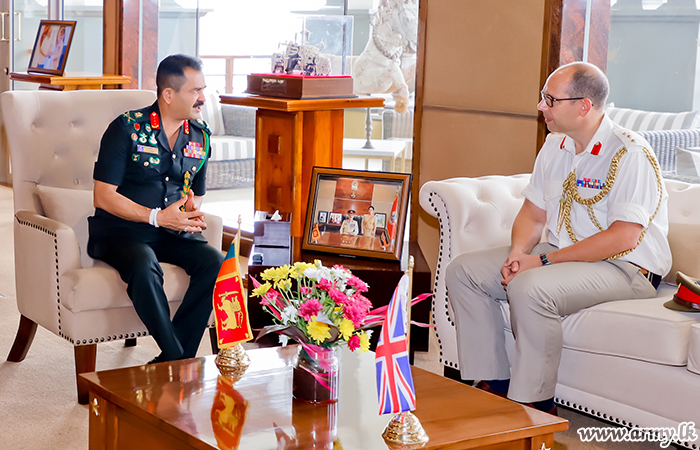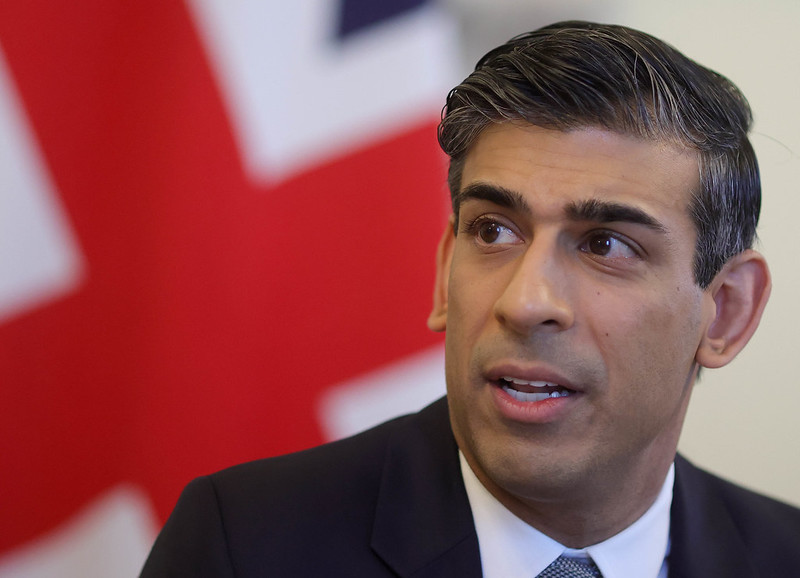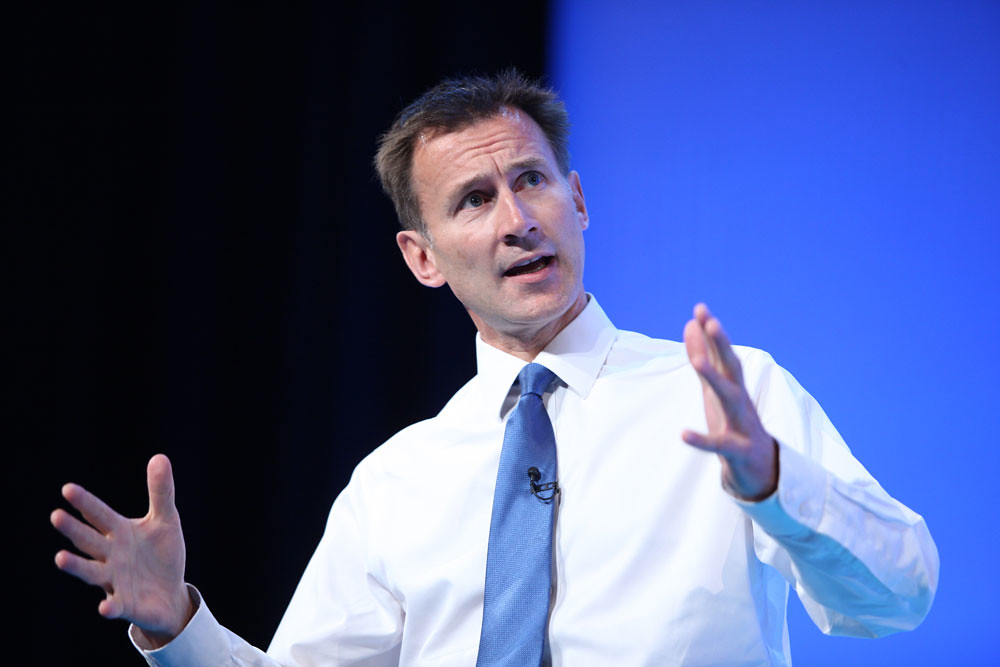As Britain’s fourth Chancellor in as many months takes up office this week, there will be plenty on his plate. A falling sterling, rising interest rates and a spiralling cost of living crisis will leave Jeremy Hunt facing a difficult task. On his first day on the job, he told reporters of how wide spending cuts will be vital in reeling back government spending and repairing Britain’s economy. One area that will need urgent review is the UK multimillion-pound funding of Sri Lanka.
The Institute of Fiscal Studies reports that the government will need to make annual savings of an estimated £60 billion to compensate for the government’s proposed tax cuts and rising debt-interest costs. On the chopping block is Britain’s international development. The Financial Times reports that former chancellor Kwasi Kwarteng had planned a £5 billion cut from the budget to restore faith in the British economy.
Whilst cuts in the international development budget seem inevitable, a balance must be struck between responsible statecraft and frugal savings. What is needed is a sober assessment of not only of public finances but of diplomatic expenses, much of which has had little tangible benefit. A clear case in point is Britain’s continued bankrolling of Sri Lanka’s security forces.
In the 2020-2021 Conflict, Stability and Security Fund (CSSF) budget, £3.34 million was allocated for Sri Lanka over the next six years. Key aspects of this programme are to support Sri Lanka’s police service and provide professional military education. That has been of remarkably little benefit. For decades Sri Lanka’s police have garnered a notorious reputation for human rights abuses. To this day, torture and arbitrary detention continue to be widespread, with Sri Lanka still the subject of several United Nations resolutions and NGO reports. Indeed, even the European Union is currently reviewing its GSP+ trade concession to Colombo, in the wake of police forces continuing to use the draconian Prevention of Terrorism Act to detain protestors and government critics across the island.
Britain’s continued funding is instead seen as support for a war crimes accused military and abusive police force.
In March of this year, Police Scotland announced that it would not extend its training contract, but the UK foreign office is yet to rule out any future programmes. This is despite growing concern that such programmes grant the police force unwarranted legitimacy. Instead, as one Tamil activist told Tamil Guardian, “Britain needs to apply pressure on Sri Lanka to bring those police officers to justice, not give them training”.

It is not just the UK’s bankrolling of Sri Lanka’s police that has come under criticism. Similarly, Britain’s continued defence relationship with Sri Lanka’s war crimes-accused military is indefensible. Snowballing militarisation has Sri Lanka struggling to feed its citizenry but maintaining a military twice the size of the UK’s. Not only has the military repeatedly come under for human rights abuses, including genocidal violence against Tamils, but repeated UN reports warn of the encroachment into civil society.
Despite these warnings, Britain seems content to be partners with this brutal establishment. The UK continues to fund a Defence Attaché in Colombo, who in August, met with Sri Lanka’s army commander to “enhance training programmes for Sri Lankan Army personnel” and potential “exchange programmes”.

On Sri Lanka, Mr. Hunt may do himself a favour by taking a page from Britain’s former chancellor, Rishi Sunak. Speaking on Sri Lanka, Sunak maintained the need to push for a democratic vision for the island and to eradicate the “inappropriate influence from the military”. Rather than speaking of continued funding for Sri Lanka’s armed forces, he raised the prospect of sanctions.
Hunt should recognise there is not a trade-off between sensible diplomacy and responsible management of the country’s finances. The new Chancellor can demonstrate that with Sri Lanka.
We need your support
Sri Lanka is one of the most dangerous places in the world to be a journalist. Tamil journalists are particularly at threat, with at least 41 media workers known to have been killed by the Sri Lankan state or its paramilitaries during and after the armed conflict.
Despite the risks, our team on the ground remain committed to providing detailed and accurate reporting of developments in the Tamil homeland, across the island and around the world, as well as providing expert analysis and insight from the Tamil point of view
We need your support in keeping our journalism going. Support our work today.
For more ways to donate visit https://donate.tamilguardian.com.


